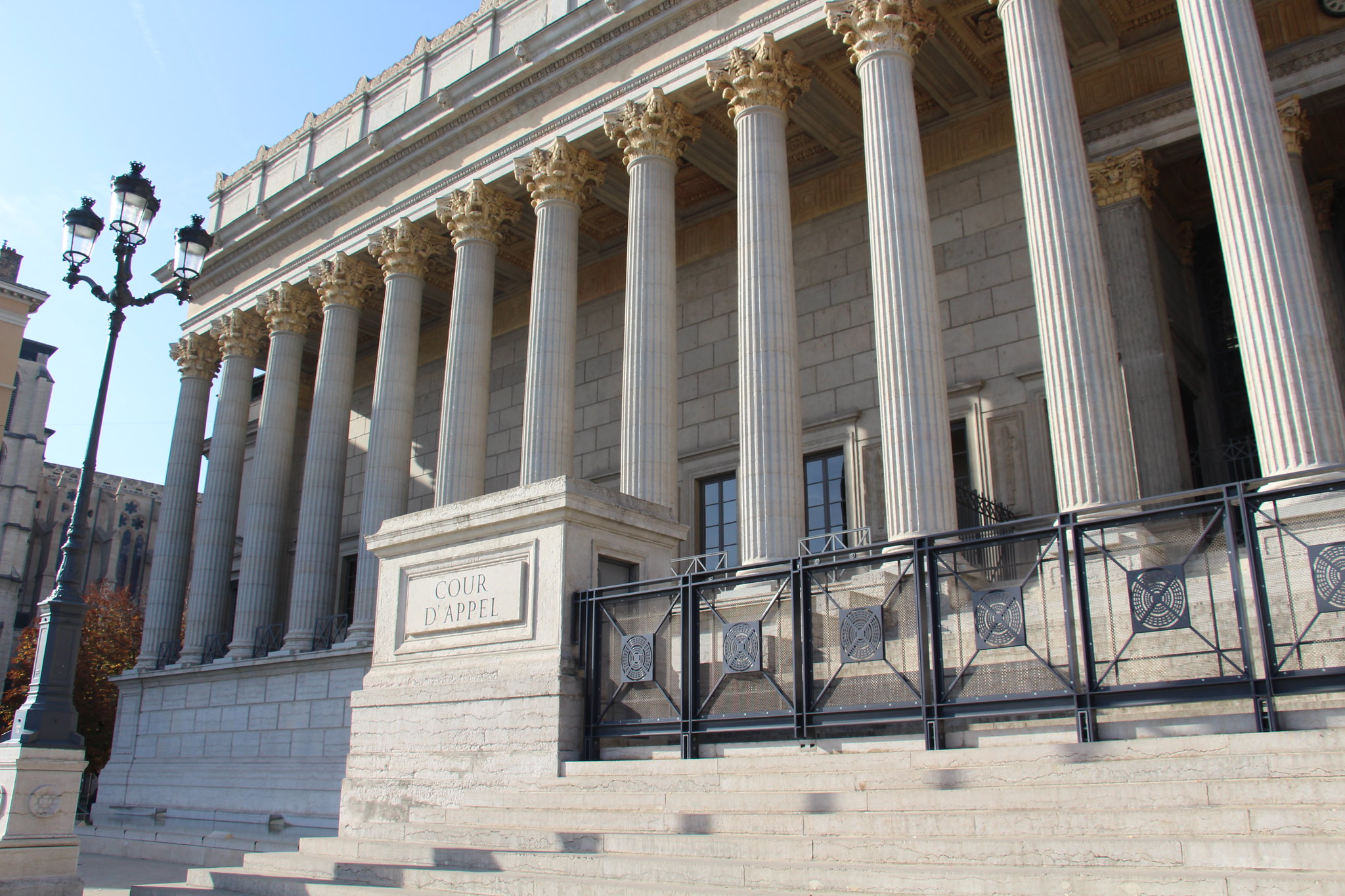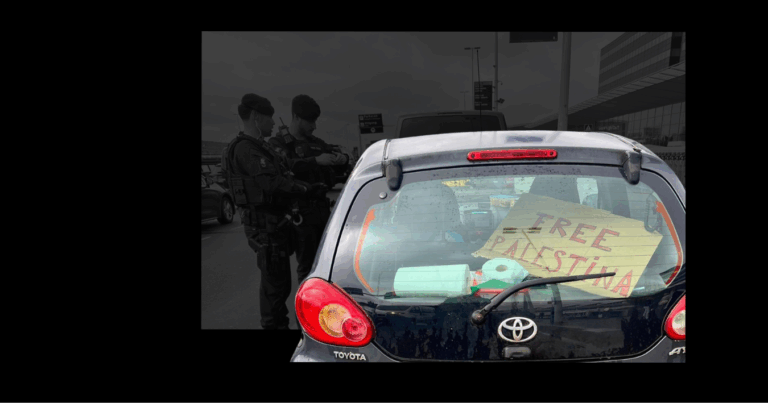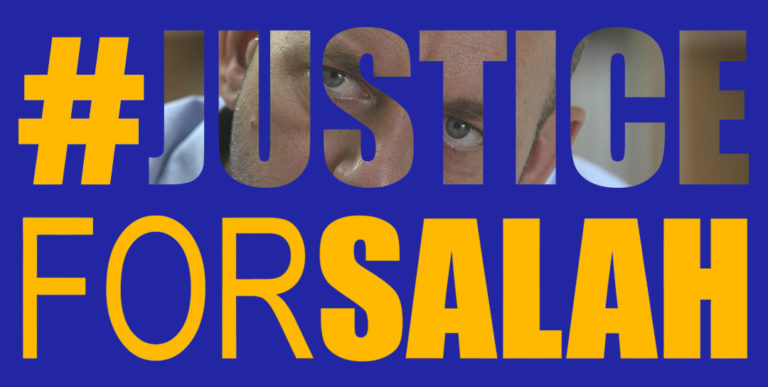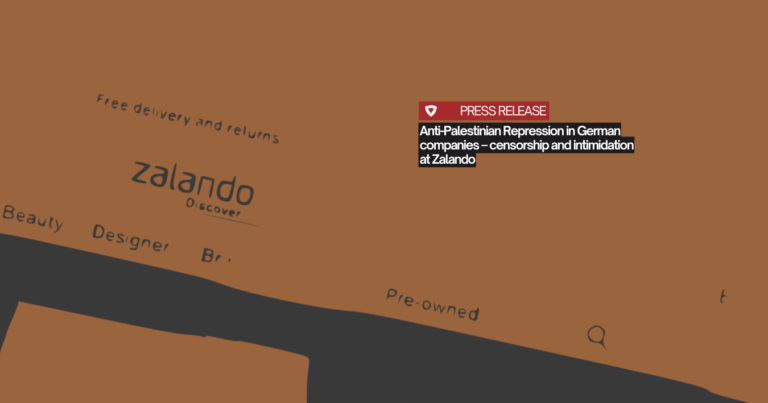French Criminal Court Confirmed the Legitimate Character of BDS Call Dismissing the Allegations of Incitement to Discrimination Against Activist
On Thursday 27 January 2022, the Court of Appeal of Lyon (Cour d’Appel de Lyon) is set to hear the case of TEVA vs. Olivia Zémor. The defendant Olivia Zémor is the President of CAPJPO-EuroPalestine which is a group of BDS activists. She was acquitted on the 18 May 2021 by the criminal court (Tribunal Correctionnel de Lyon) dismissing the allegation of incitement to discrimination. The judgement, outlined below, is a turning point in protecting the right to boycott in French courts.
The defendant was accused of incitement to discrimination and public defamation by Teva Santé, the French subsidiary of TEVA Pharmaceutical Industry (hereinafter, ‘TEVA’).
TEVA is a global pharmaceutical company based in Israel that produces and distributes generic medicines across the world. According to Israeli NGO ‘Who Profits’, the pharmaceutical company is complicit in supporting the unlawful occupation of the occupied Palestinian territory by exploiting Palestinian resources.
Several Palestine solidarity groups have been campaigning for a boycott of TEVA for a number of years because of their contribution to the unlawful occupation. A network of several French grassroots organisation advocating for Palestinian rights called ‘Collectif 69’ has been one of them.
On 19 November 2016 members of Collectif 69 gathered in front of the Grand Pharmacie Lyonnaise in Lyon as part of a BDS protest. The protesters encouraged shoppers and members of the public to support the boycott of TEVA products by distributing leaflets and attaching stickers to health care cards with the aim of informing the public about TEVA’s contribution to the unlawful Israeli occupation.
The following day CAPJPO-EuroPalestinepublished an article on its website about the protest quoting activists who participated in the action: “We have distributed hundreds of leaflets to passers-by and we have stuck a good number of stickers on their health care cards. Despite the fact that TEVA carefully hides in its various advertisements that part of its profits goes to the Israeli army, a significant number of passers-by were already aware about this situation and they declared themselves unwilling to give any money to the manufacturer of drugs from a country that prevents Palestinians from getting health treatments”.
The plaintiffs Teva Santé claimed the statement was defamatory, detrimental to the honour of the company and constituted incitement to discriminate against the company on the basis on nationality. Several pro-Israel advocacy groups joined the hearings as interested third parties.
With particular regard to the allegation of incitement to discrimination on the grounds of nationality, the Court of Lyon referred to the landmark ruling Baldassi and Others v. France delivered by the European Court of Human Rights (ECtHR) in June 2020. The ECtHR described boycotts as a peculiar means of exercising freedom of expression as it combines expressing a protesting opinion with incitement to differential treatment. The latter can be discriminatory if it has no objective and reasonable justification, if it does not pursue a legitimate aim or if there no proportionality between the means employed (i.e. boycott) and the aim sought to be realised (i.e. rejecting the unlawful occupation by Israel of the occupied Palestinian territory).
In the present case, the Court acknowledged legitimacy of the BDS call and the reasonable means it employed and emphasised that: a) the protest “was not subject to any prosecution of its participants for making racist or antisemitic statements or for calling to hatred or violence” and b) the statements made by the Publication Director on EuroPalestine’s website reflected “a commitment, a firm belief in a public debate of general interest”.
The Court of Lyon decided to acquit EuroPalestine’s Publication Director of both charges, stating that her opinions published on the website were protected by the right to freedom of expression, did not incite discrimination nor did they amount to defamation of Teva Santé.
By referring to the Baldassi case in its reasoning, the Court acknowledged the legitimacy of the call for boycott of Israeli products and its protection as a form of expression under Article 10 of the ECHR. This decision represents a significantly positive development for Palestinian rights advocates in France, a country in which there is an institutional resistance to recognising the full legitimacy of BDS campaign.
The decision of the Court of Appeal is expected on the 5th of May 2022.







